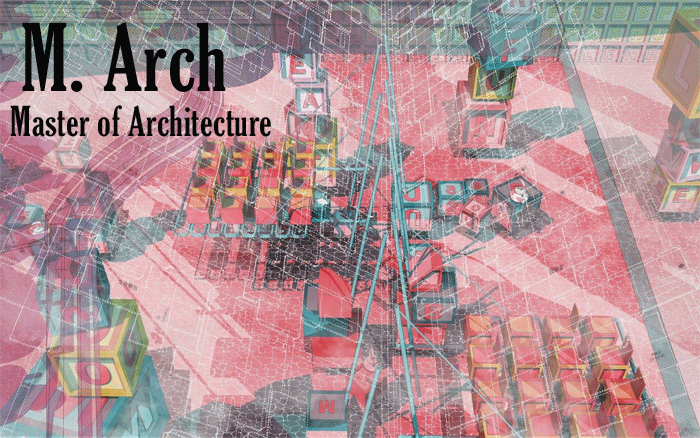
The Master of Architecture (M. Arch) is a professional degree in architecture, awarded by universities around the world. The program typically requires two to three years of full–time study, and may include courses in design, history, theory, technology, and professional practice. The degree may also include a research component, culminating in a thesis or independent research project. Graduates of the program may pursue professional registration as an architect, depending on the requirements in their jurisdiction.
Master of Architecture (M. Arch) Eligibility Criteria
To be eligible for a Master of Architecture degree, a student must have a Bachelor’s degree in Architecture, or a Bachelor’s degree in a related field with a minimum GPA of 3.0. The student must also have completed a minimum of 24 credit hours of architecture studio courses prior to applying for the M.Arch. program. Additional prerequisites may vary from school to school, so it is important to check with the specific program for any additional requirements.
Master of Architecture (M. Arch) Colleges In India
1. School of Planning and Architecture, New Delhi
2. Birla Institute of Technology and Science, Pilani
3. CEPT University, Ahmedabad
4. School of Planning and Architecture, Vijayawada
5. Manipal University, Manipal
6. IIT Roorkee
7. School of Planning and Architecture, Bhopal
8. Sushant School of Art and Architecture, Gurgaon
9. Jamia Millia Islamia, New Delhi
10. SPA Delhi
11. GIET School of Architecture, Gunupur
12. SRM University, Chennai
13. Amity University, Noida
14. Chandigarh University, Chandigarh
15. K.R Mangalam University, Gurgaon
16. Nirma University, Ahmedabad
17. Mithibai College of Architecture, Mumbai
18. Aayojan School of Architecture, Jaipur
19. Chitkara University, Chandigarh
20. Acharya School of Architecture, Bangalore
Master of Architecture (M. Arch) List of Stream
The Master of Architecture (M.Arch.) degree is a professional degree awarded in the field of architecture. Common streams of study for the M.Arch. degree are:
1. Architectural Design
2. Historic Preservation
3. Urban Design
4. Building Technology
5. Sustainable Design
6. Construction Management
7. Landscape Architecture
8. Interior Design
9. Digital Design
10. Building Information Modeling (BIM)
11. Art and Architectural History
12. Real Estate Development
13. Theory and Criticism
14. Conservation and Adaptive Reuse
15. Architectural Acoustics
16. Architectural Lighting Design
17. Building Performance Analysis
18. Advanced Structural Design
19. Building Services Engineering
Master of Architecture (M. Arch) Syllabus
The Master of Architecture (M.Arch) program is typically a three–year professional degree program. The curriculum includes courses in architecture design, construction technology, history, theory, and professional practice. The following is a sample of some of the common course requirements for a Master of Architecture program.
Architectural Design
Architectural design courses focus on the development of design skills, critical thinking, and problem solving. Students learn to develop design solutions to complex problems and explore a range of design strategies and aesthetics. These courses may include topics such as site analysis, design theory, digital media, and materials.
Building Technology
Building technology courses explore the design, construction, and performance of buildings. Topics may include structural systems, environmental systems, building codes, materials, and construction techniques.
History and Theory
History and theory courses examine the history and development of architecture from a range of perspectives. Students may explore topics such as architectural movements, cultural influences, and sustainability.
Professional Practice
Professional practice courses provide students with an overview of the professional context of architecture. Topics may include project management, legal considerations, professional ethics, and business management.
Electives
Most M.Arch programs allow students to choose from a range of elective courses in order to pursue their particular interests. These courses may include topics such as urban design, landscape architecture, sustainable design, and interior design.






